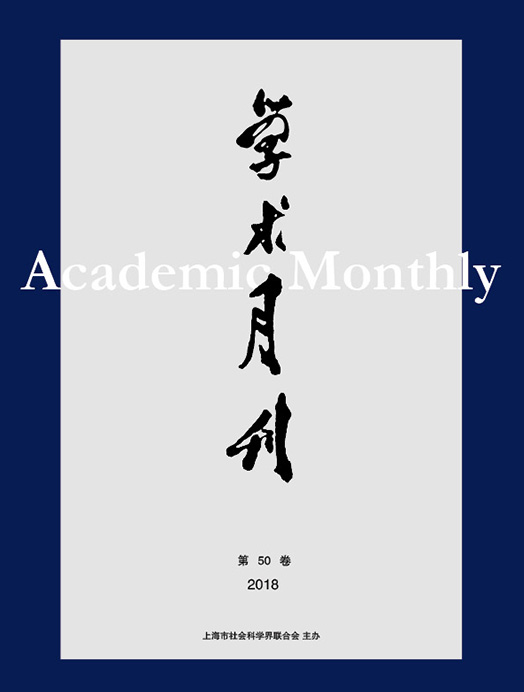The Problem of Chinese Philosophy’s Return
- Available Online: 2019-02-01
Abstract: In the most severe sense, the " problem of return” of Chinese philosophy mainly refers to the crisis of the loss of its own meaning within the signifying practice of Western philosophical discourse. Historically, the statement that Chinese philosophy has the flaw of Feng Youlan-Hegel’s insufficient expression, gave rise to the movement of Chinese philosophy’s categorization, which led to the problem of Foucault-Saidian over-expression, namely, the problem of discourse-determinism. Against this background, " the transcendent subject” established by Mou Zongsan with the method of NiJueTiZheng( " 逆觉体证” )can be viewed as a willingful resistance to the Western philosophical discourse, but the deficiency of Mou’s ontological interpretation based on the subjectivity makes his theory serve the Western philosophical discourse practice. With the help of the teachings of the phenomenological reduction and the lesson of Mou Zongsan’s ontology, it can be said that the radical return of Chinese philosophy depends on the manifestation of a kind of aesthetic. Such aesthetic elucidation shows, the root of Chinese philosophy lies in the tacit percieved-world in where body was embedded. In that sense, both Heideggerian Ekstasis/ standing forth and Mo’s standing up should be essentially a bodily standing forth. The ecstacy and recession of body, that is, the intertwined horizon, constituts the foundation of the standing-forth of subjectivity; at the same time, the Chiasm of language and the tacit world, indicated by the bodily ecstatic-recessive chiasm, also dispels the predicament of so-called Chinese philosophy’s insufficient expression.



 沪公网安备 31010102003103号
沪公网安备 31010102003103号 DownLoad:
DownLoad: